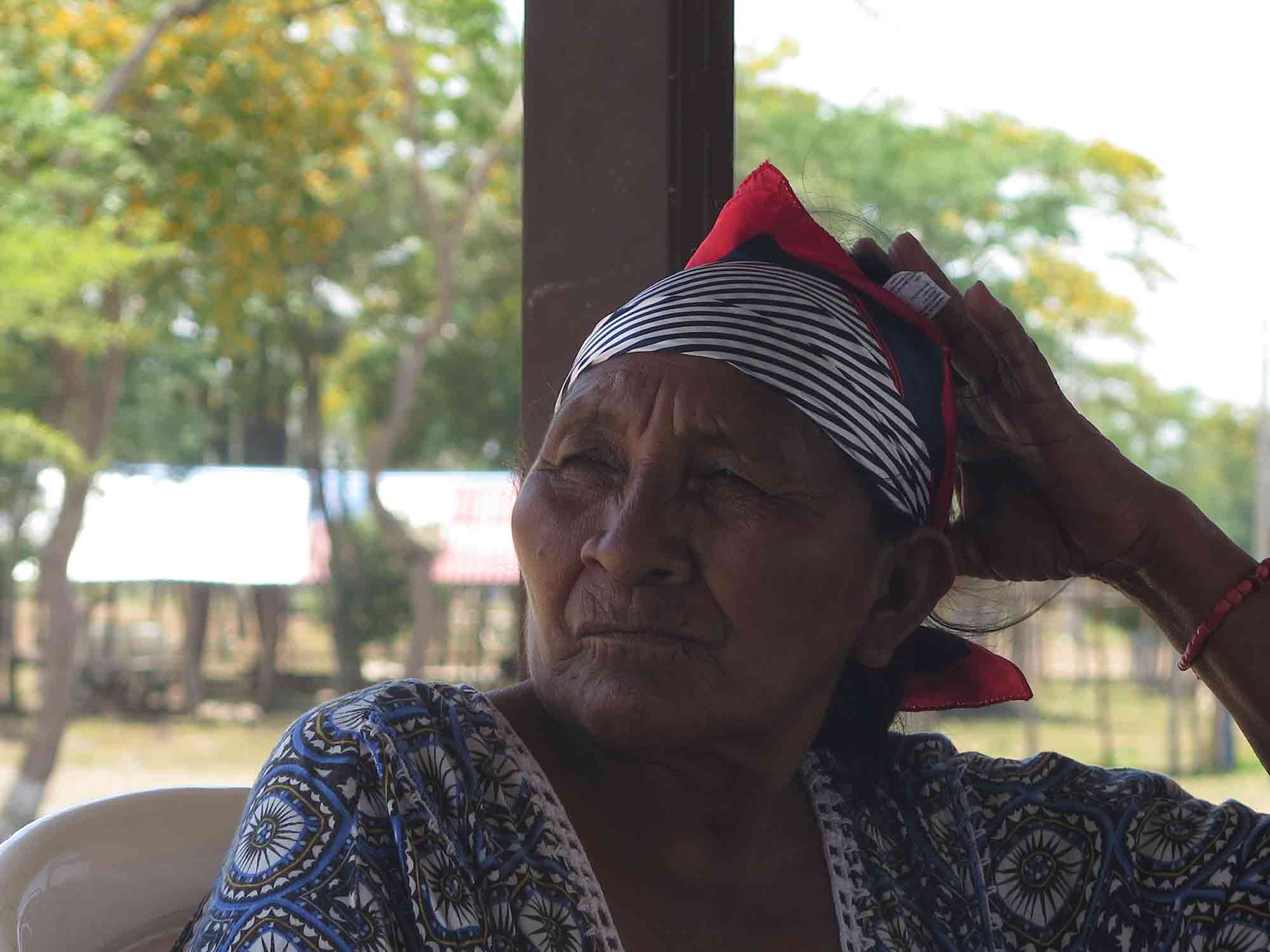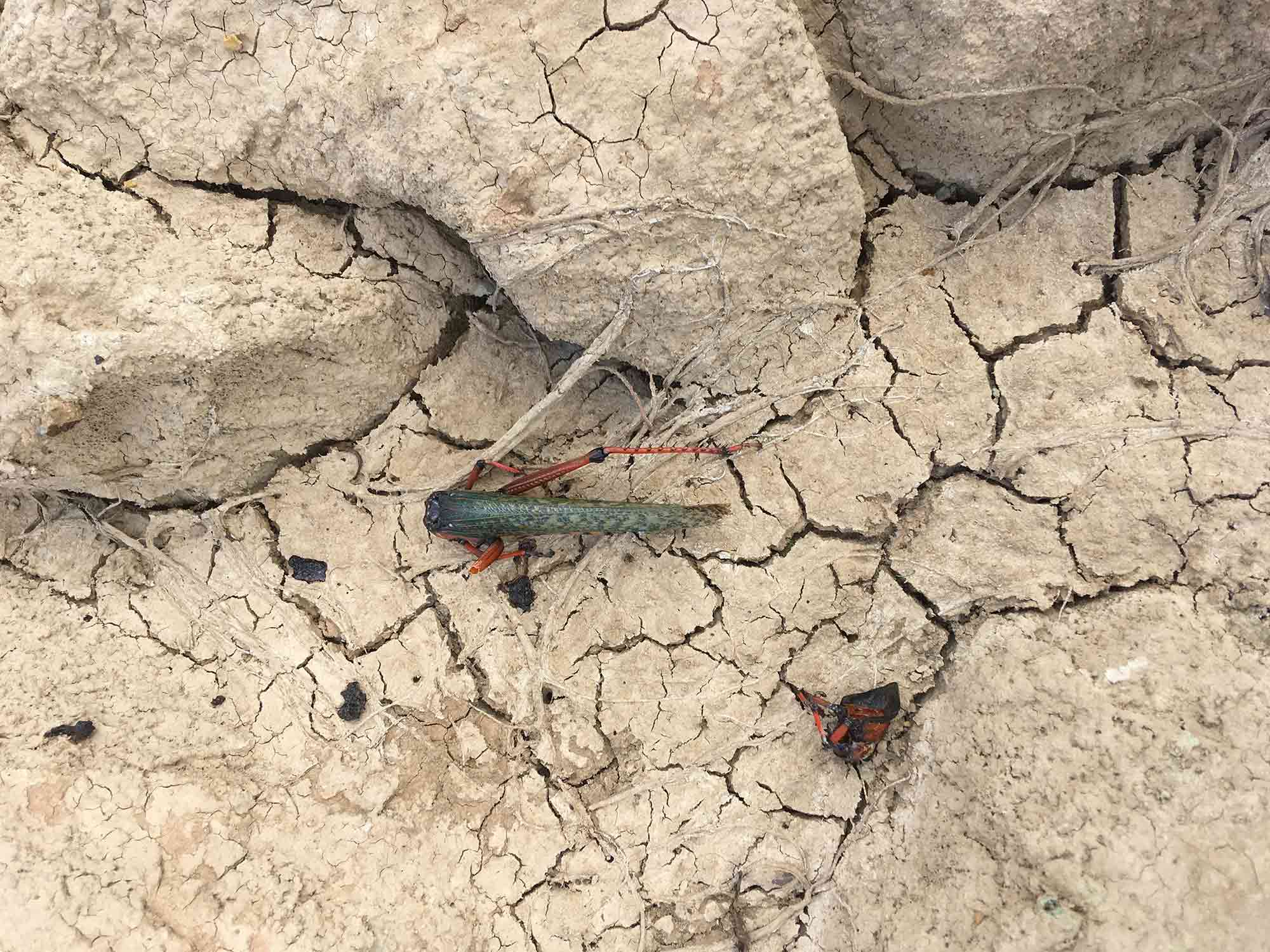- Login
Critical Spatial Practice



Collective knowledge production benefits from linking local experiences of people affected by mining, with European discourses such as human rights and climate change. The challenge is to share all these views and agree on strategies that are clear to everyone, making the process transparent and accountable for those directly affected by mining.
Exploring how networks of activist-academic solidarity linking Colombia and the UK resist coal extraction
This research aims to build an environmental history of La Guajira, that connects local struggles of ethnic groups affected by coal extraction, to networks of solidarity between the UK and Colombia. The research aims to produce an environmental history of La Guajira, from the 1970s, that is embedded in the history of social struggles of communities affected by coal extraction from London-based mining multinationals, and to explore the role of networks of solidarity between the UK and Colombia in disrupting the violation of human and environmental rights produced by coal extraction.
The research is framed as activist-academic, whereby my work as an academic researcher is linked to my activist practice as part of international networks of solidarity. The approach to environmental history derives from the Indian and the Latin American scholarship, which is embedded in the history of social struggles, linking the protection of the environment to a strategy of subsistence.
The fieldwork takes place between two countries, Colombia and the UK, and it is integrated to two annual events organised by solidarity movements working with coal mining-affected communities in La Guajira for over a decade, in a long-standing relationship of solidarity mainly focusing on issues of human rights and environmental justice. One event is the Speakers’ Tour of mining-affected people to the UK and the other is the Witness for Peace delegation to La Guajira.
I hold a masters in Environment and Sustainable Development a UCL and a bachelor degree in Ecology from Javeriana University in Colombia. I am in the second year of a PhD titled: An environmental history of La Guajira: Exploring how networks of activist-academic solidarity linking Colombia and the UK resist coal extraction.
I have worked for several years in education and developing projects and research in international development in Africa, Latin America and the UK. I have also been an activist in the UK working with communities in Colombia, mainly on issues of coal extraction and through the London Mining Network, I am currently a trustee of this organisation.
I have taught on the module of Political Ecology, part of the MSc Programme Environment and Sustainable Development at the Development Planning Unit in UCL. Currently, I am working as a PGTA for the course Geography in the Field II for undergraduates in the Department of Geography at UCL.
I participated in producing a book about seed policies in Colombia as a response of the huge national mobilization voicing the use of uncertified seeds. I wrote the chapter: ‘Learning from the Agrarian Summit in Colombia: The power of the native seeds’ (2017, Colombia). http://repository.usergioarboleda.edu.co/handle/11232/1009.
I have published academic articles on the issue of energy access in informal settlements in Maputo with Professor Vanesa Castan Broto:
http://www.palgrave.com/gb/book/9781137473530#aboutBook (2017, UK).
https://policy.practicalaction.org/component/dspace/item/energy-access-andurban-poverty (2015, UK).
https://extra.shu.ac.uk/ppp-online/wp-content/uploads/2014/12/communities-urban-energy-mozambique.pdf (2014, UK).
I have researched and published about Urban Agriculture and social movements in Bogota: http://hal.univ-grenoble-alpes.fr/hal-00975423/document, (2012, France) and https://civicwise.org/civicpractices/ (2017, Spain).
I have studied the modules ‘Situated Practice: Research Methods’, as part of the MA Situated Practice and ‘Materialist Ecological Architecture’ and ‘Research and Dissemination’ as part of MA Architectural History and Theory at the Bartlett School of Architecture in UCL.
Currently, my approach focuses on how my research can be linked to my activist practice with the struggles of mining-affected communities. This aims to contribute meaningfully to the movement’s processes by producing relevant information and materials, and also, to challenge the colonial logic of research by formulating a collective research strategy, that proposes the research question, methods and final products together towards the benefit of those directly involved. In addition, I want to explore how social movements in local struggles from different parts of the world connect among themselves to build an understanding of the same issues from different perspectives.
Trujillo, Luis Angel; Rodríguez, Carlos and Hernández Piraiba, Confucio (2018). Ecología ilustrada del gran bagre amazónico. Tropenbos International.
Link
Tuhiwai-Smith, Linda (2008). Decolonizing Methodologies, Research and Indigenous Peoples. Zed Books.
https://www.facebook.com/pg/Fuerza-Mujeres-Wayuu-913069132141388/posts/ and https://londonminingnetwork.org



































































